The Good Farmer
Fashion designer turned farmer, Christopher Totman, returned to his family farm in Western Massachusetts and then created a farm-to-table program for The Harmony Hotel.
It was 2008, and Christopher Totman was asking himself the harder questions. â??Where are you the happiest?â? And: â??Why is it so difficult to do what makes you the happiest?â? At the time, Totman lived in New York City, where he was known by many as the designer responsible for two eco-friendly boutiques just off the narrow streets of Nolita, Manhattan. But even while his sweaters and print dresses were increasingly gaining a cult following, he found himself growing disillusioned with the fashion industry.
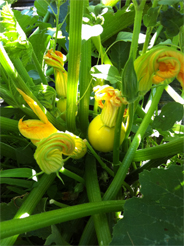 |
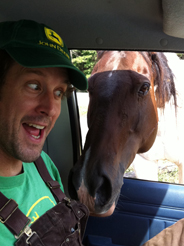 |
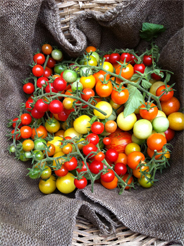 |
These days, Totmanâ??s a farmer in Conway, Massachusetts. (As we spoke, he was taking a break from what he laughingly called a very â??unglamorous job,â? cleaning out the barn to make room for storage.) His job change was less surprising than one might think. Totman comes from an â??old-schoolâ? family of farmers. Growing up, he and his peers were taught that â??farming was not a viable option.â? Mass-production models run from the midwest had brought about the demise of small family-run farms in Western Massachusetts, the Totmansâ?? farm included. Most of Christopherâ??s relatives moved on to other jobs; one of his cousins stayed on, converting the land so that it could produce hay.
Yet as Christopher decided to shut down his clothing boutiques, he realized the seemingly bleak future of small-scale farming didnâ??t matter to him: â??What I wanted to do was learn how to farm,â? he says. Despite his fatherâ??s skepticism, he asked for a couple of acres that the family called the â??onion patchâ? at the end of a mile-long road on the property. As he began to grow crops, he realized there was a â??whole new wave of farming going onâ?â??excited students coming out of sustainable agriculture schools, â??fresh ideas and risk takers.â? Inspired by some of the more exciting models, Totman soon decided to organize a CSA.
The notion of community-supported agriculture is one that has gained traction in recent years. A CSA brings in subscribers who buy shares of the farmâ??s output in advance, and then, as the season progresses, pick up their allotted produce each time a portion of it is harvested and distributed. Quite often, CSAs are particularly sustainable: Because CSA farms tend to solicit subscribers who live relatively nearby, the carbon footprint of transporting produce tends to be relatively minimal. And by committing to eating foods in season, and paying upfront to take on some of the risk, subscribers let farmers use strategies that risk yielding less produce but are more environmentally sustainable.
Usually, CSAs tend to be limited to one kind of produce. Totman, however, hit on the idea of something more unusual: the â??full-diet CSA.â? In addition to providing his tomatoes, brussels sprouts and kale, he decided to enlist the involvement of nearby farms who could fill his weekly delivery boxes with everything from eggs and honey to grass-fed beef. â??People seem to be really happy about it,â? he said.
Meanwhile, John Johnson and Susan Shortâ??the Harmony Hotelâ??s owners who are also subscribers to Totmanâ??s CSAâ??noticed that Chrisâ??s life as a farmer was probably pretty dull in the chillier months of the year. About three years ago, they suggested that Chris might consider leaving Massachusetts winters behind and travel down to Nosara, Costa Rica, to help set up the Harmonyâ??s â??field-to-table system.â?
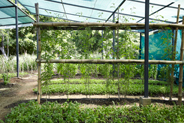 |
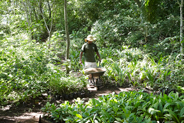 |
 |
Needless to say, Costa Rica poses certain challenges that Western Massachusetts doesnâ??t. Totman has learned to live some difficulties: the iguanas, for example. â??We donâ??t want to take out the iguanasâ??thatâ??s our philosophy,â? he said. As a result, there are just certain herbsâ??the ones that the iguanas â??went bonkers forâ?â??that Totman has decided not to grow. Other problems are more solvable, like the harsh weather conditions. (â??Itâ??s either super wet and hot or super hot and dry,â? he said.) With the input of botanist and local resident Karen Arras, and her husband Robert, Totman created a protective steel structure that shields his Nosara produce from the harsh sun and relentless rain. Heâ??s managed to grow plants that are otherwise very difficult to cultivate in Costa Rica, like delicate greens and cold-weather crops. Said Totman, â??The most amazing part about it is that anybody can go down into the hotelâ??chances are that a portion of whatâ??s on their plates are things that we grew.â?
Meanwhile, his operation in Massachusetts is flourishing; heâ??s now raising livestock as well. In even happier news, he and his wife recently had a daughter. Totman laughingly admits he wouldnâ??t mind if she grew up to continue their family farm. But how to convince his daughter to follow in his footsteps? â??Hereâ??s the trick,â? he joked, â??Weâ??re going to make the farming decision the most attractive one she will ever find, but weâ??re going to pretend that we donâ??t care.â?
He added, â??This is my way of saying that you never know and you canâ??t even want to control these things.â?

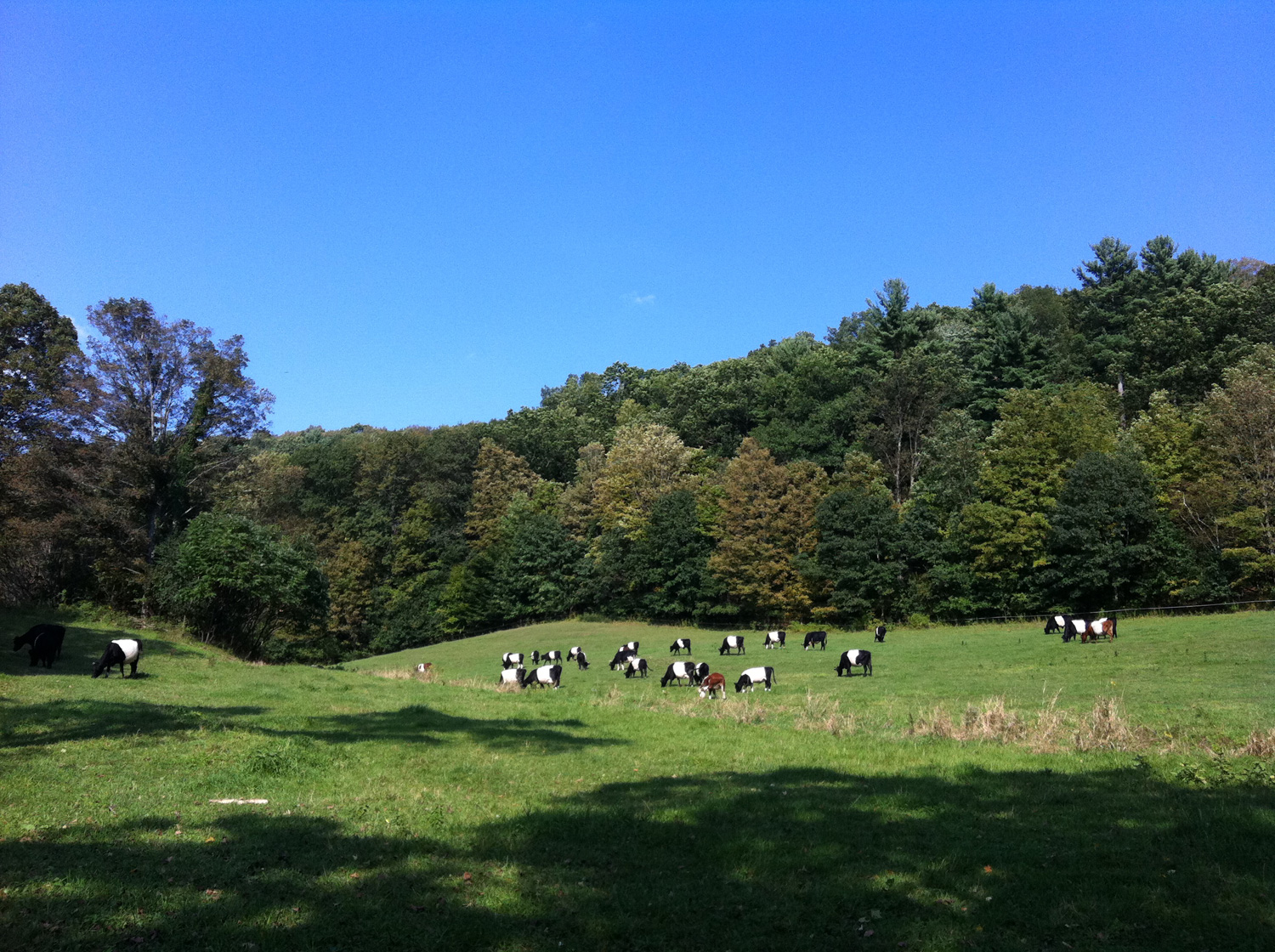





This is exciting to hear that a small hotel has taken the time and effort to start their own “field-to-table-system”. I have traveled far and wide as a WWOOFer (World Wide Opportunities on Organic Farms) and will be exploring what opportunities I come across in my up coming travels to Costa Rica. I will be spending some time in Nosara and would be interested to check out what Harmony Hotel is doing with their growing projects, and love to help out as a volunteer if they would have me. Can you provide any more information?